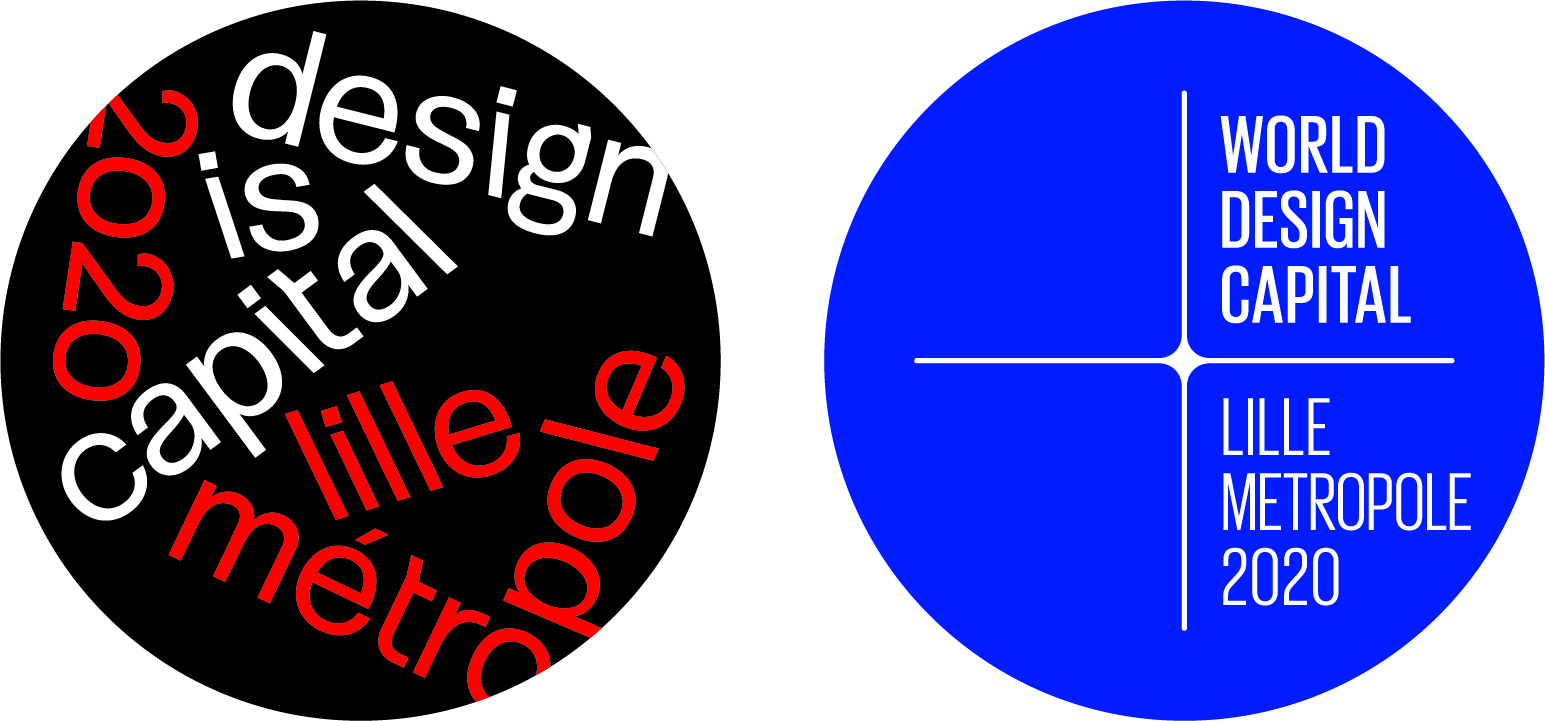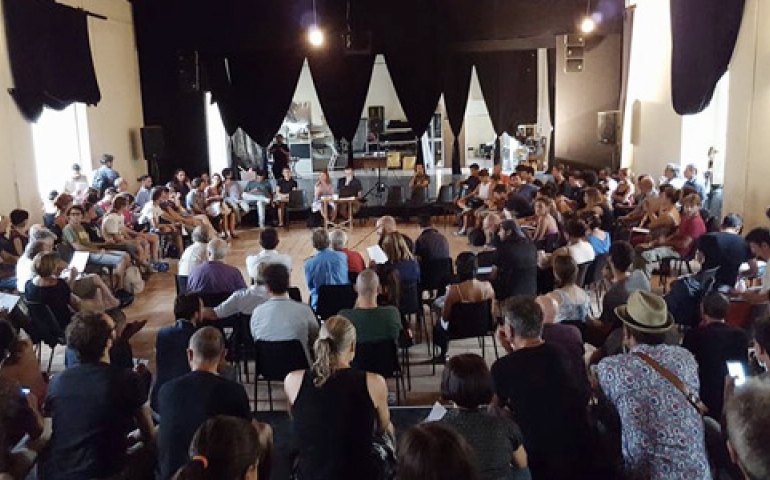POC Lost&Found, Napoli- IT
Urban Civic Use Regulation
In Italy, Naples’ City Council good practice aims to guarantee collective enjoyment of common goods such as water, public services, schools, knowledge, cultural and natural heritage, and their preservation for the benefit of future generations through a public government that allows fair use.
The core of these policy instruments is the democratic use of public assets. The city of Naples has recognised a “Urban Civic Use Regulation” of common goods in the city itself.
Thanks to the good practice’s governance model, more than 250 projects came to life, breaking down the production costs by using free and shared spaces, resources, knowledge and skills.
Vertical integration
The designed process guarantees a strong integrated approach, both vertical and horizontal. The integration is first and foremost assured through an ad-hoc municipal department, a “social enhancement of municipally owned spaces and common goods” and with a political coordination in charge of the Urban Planning councillor. The department (technical level) and the above-mentioned councillor (political level) are in charge of promoting the collaboration with other departments and councillors of the municipality, or other institutions.
Furthermore, the city waives completely the role of top-down management and, with a horizontal subsidiarity mechanism, acts like a guarantor and takes its own burdens and responsibilities related to the operation of the good, while recognising the autonomy of the management system adopted by the users.
Horizontal integration
The horizontal integration lies also in the basic principles that are stated in the Urban Civic Use Regulation, produced in an autonomous way by the community, and recognised by the Naples City Council. The Civic Use of common goods such as empty buildings is based on the principles of self-management, cooperation and mutualism, and tends to strengthen individual and collective responsibility. Empowerment is established by cooperation, in which each member of the community, whether guest or so-called inhabitant, contributes to the community’s activities and management.
- Porteurs de projet/Project holders :ville de / cityofNaples
- Acteurs/Stakeholders : Ce cas provient du réseau CiviceStatecofinancé par l’Union européenne dans le cadre du programme URBACT / This case comes from the CiviceStatenetwork co-financed by the European Union through the URBACT

